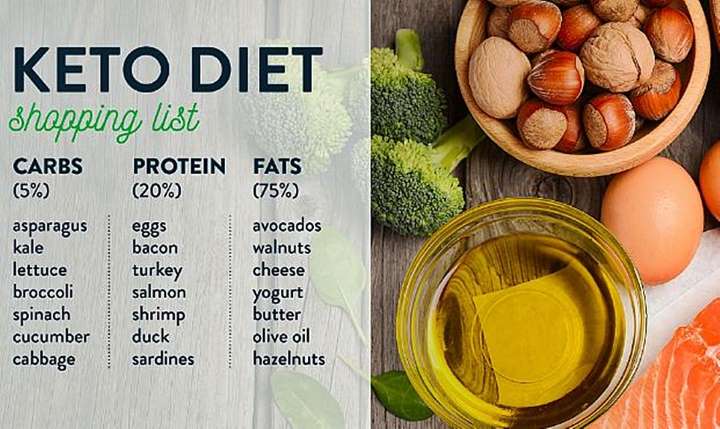The keto diet is gaining popularity, but what about the potential risks? The good news about the ketogenic diet is that it is very effective in weight loss. It will help you lose fat and keep your body lean. This type of diet has many benefits, so you are sure to find the one that suits you best. Continue reading for more information!
Exercise
To maximize the Keto diet’s weight loss potential, it is important to maintain a low- to moderate exercise regimen. Low-intensity to moderate exercise speeds up metabolism and increases the body’s ability for ketosis to be reached faster. This can be especially helpful for people who are struggling to maintain endurance or perform well while on the Keto diet. Low-intensity exercise does not harm the body’s ability burn fat and recompose. Therefore, it is recommended that you exercise at least three days per week.
Dietary fat
You’ve probably heard of the importance eating enough fat when it comes to dieting. You can eat as much as 60% of your calories in keto for weight loss. Only 10% comes from carbohydrates or protein. Healthy fats like butter and olive oil should make up the majority of your calories. If you consume 2000 calories per day, that means you should consume 165 grams of fat. There are many ways to increase fat in your diet if you don’t have the ability to reach this amount.
Carbohydrate restriction
According to the Dietary Guidelines for Americans, a daily carbohydrate intake should be between 45 and 65%. Carbohydrate intake has been steadily declining since the brain uses carbs to fuel itself. A large government survey revealed that half of Americans still get their daily calories from carbohydrates. This is far less than the recommended 5-10% for Keto pills.
Stress
You may feel a lot of pressure if you have decided to start the keto diet. High-fat foods are loaded with calories. While you can lose weight simply by burning calories, a stressful lifestyle could hinder your weight loss efforts. Chronic stress can cause hormone imbalances and weight gain. It may also make it difficult to eat healthy, nutritious foods. This is why stress and keto weight loss are not compatible.
Sleep deprivation
Both weight loss and sleep deprivation can go hand in hand. Combining both of them can lead to serious health problems. Reduced carbohydrate intake can lead to a decrease in insulin levels which causes the kidneys and other organs to lose more water. Dehydration can cause you to wake up more often and reduce your quality of sleep. In addition, keto deficiency can cause a shortage of electrolytes. Low sodium levels are responsible for a decreased production of norepinephrine (the hormone that keeps your brain awake and alert).
Gut health
The microbiome, which is the microbiome of our gut, is an important part of our overall health. It is affected by many factors including what we eat and how stressed we are. If the gut is unhealthy, it can lead to illness. Our gut microbiome is also affected by a diet high in fat and low in carbohydrates. The human gut is home to over 1000 bacterial species and plays a crucial role in overall health. Because of its role in host metabolism, nutrition, immune function, and other factors, it has been called “hidden metabolic organ”.
Nutritious intake
Limiting your intake of fat is the best way to make sure you are getting enough calories to meet your body’s requirements. Although the ketogenic diet is low in carbohydrates and high-fat, it can be hard to maintain a healthy weight. It is crucial to reduce your intake of sugar and other unhealthy fats. Fat bombs are high-calorie, fatty snacks that can be made with coconut oils and chocolate. These snacks are high in unhealthy trans fats, so they should be avoided. To avoid dehydration, it is important to drink plenty of water.

